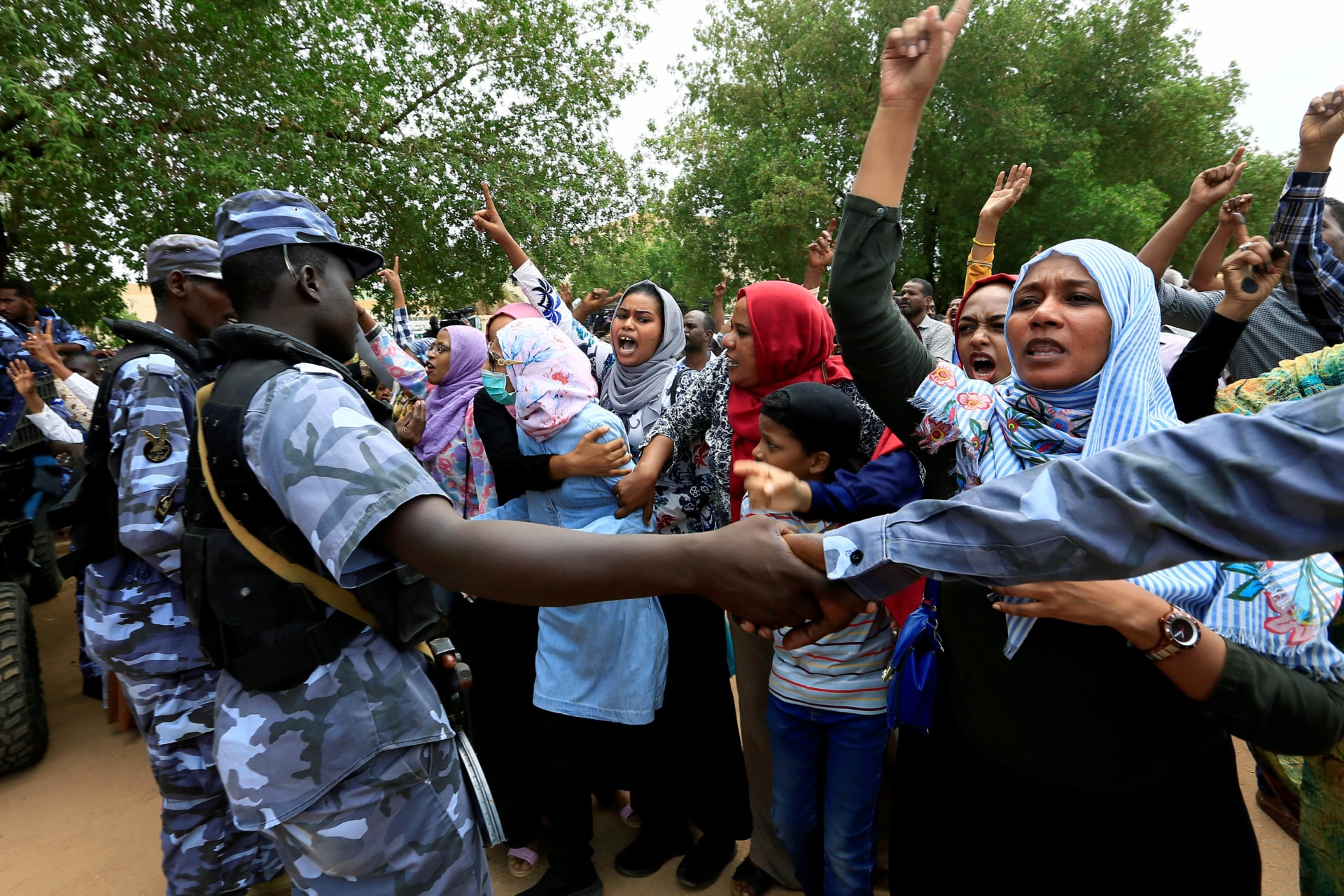Removing Sudan from the State Sponsors of Terrorism List

By experts and staff
- Published
Experts
![]() By Michelle GavinRalph Bunche Senior Fellow for Africa Policy Studies
By Michelle GavinRalph Bunche Senior Fellow for Africa Policy Studies
This week, President Trump made the long-anticipated announcement that the United States is prepared to remove Sudan from the list of State Sponsors of Terrorism (SST). Sudan has been on the list of pariahs for 27 years, and delisting has been a priority of its new government since the historic uprising of Sudanese civilians in 2019 that triggered a coup and ushered in a transitional period in which the military and civilians uneasily share power. While the process to complete the lifting of the SST designation requires Congressional cooperation and will take several weeks, the announcement is a most welcome step for Sudan, and for all those around the world hoping to see Sudan’s historic political transition succeed in birthing a stable, accountable, and representative new Sudan.
Yet this milestone is not uncomplicated for many Sudanese. First, Sudan’s economy is on the ropes, and leaders trying to guide the country through a fragile transition are coping with soaring inflation and massive debt. Delisting is positive economic news in that it removes significant barriers to critical banking relationships, eases investors’ concerns about reputational risk, and allows the United States to support debt relief for Sudan at the international financial institutions. But for Sudanese people suffering immediate economic hardship and food insecurity, the fact that Sudan has agreed to pay $335 million to compensate victims of the 1998 embassy bombings in Kenya and Tanzania and the 2000 attack on the U.S.S. Cole in exchange for delisting can be a bitter pill. Sudan’s people had little voice in the decisions of its abusive and authoritarian government during the long tenure of President Omar al-Bashir. The pain of families affected by acts of terrorism cannot be ignored, and it is not hard to understand their demands for justice and accountability. At the same time, one can understand how paying for the sins of a government that Sudanese citizens shed blood to remove can feel like misplaced punishment. The Trump Administration’s linkage of SST delisting with its desire to see Sudan normalize its relationship with Israel has only added to the discomfort of some who feel their hand has been forced on a contentious and unrelated issue.
Of course, all actors have to confront the realities of the delisting process. But those who would dismiss domestic Sudanese complications as unimportant are missing an important point. For decades the United States worked to encourage change in the nature of Sudan’s government, applying pressures like the SST designation to a brutally violent authoritarian state. Today, the United States should want popular sentiment to matter to Sudan’s leaders, and it should be heartened by the fact that they have to balance popular opinion with foreign policy imperatives. As civilians try to wrest control of Sudan’s future away from securocrats, opening up the possibility of a democratic Sudan that can play an important bridging role in the broader Red Sea area, U.S. policymakers should keep their eye on the ball and proceed with sensitivity and meaningful support. Sudan’s future, and how its population feels about its leaders and their relationship to the United States, matter to our own long-term interests.
